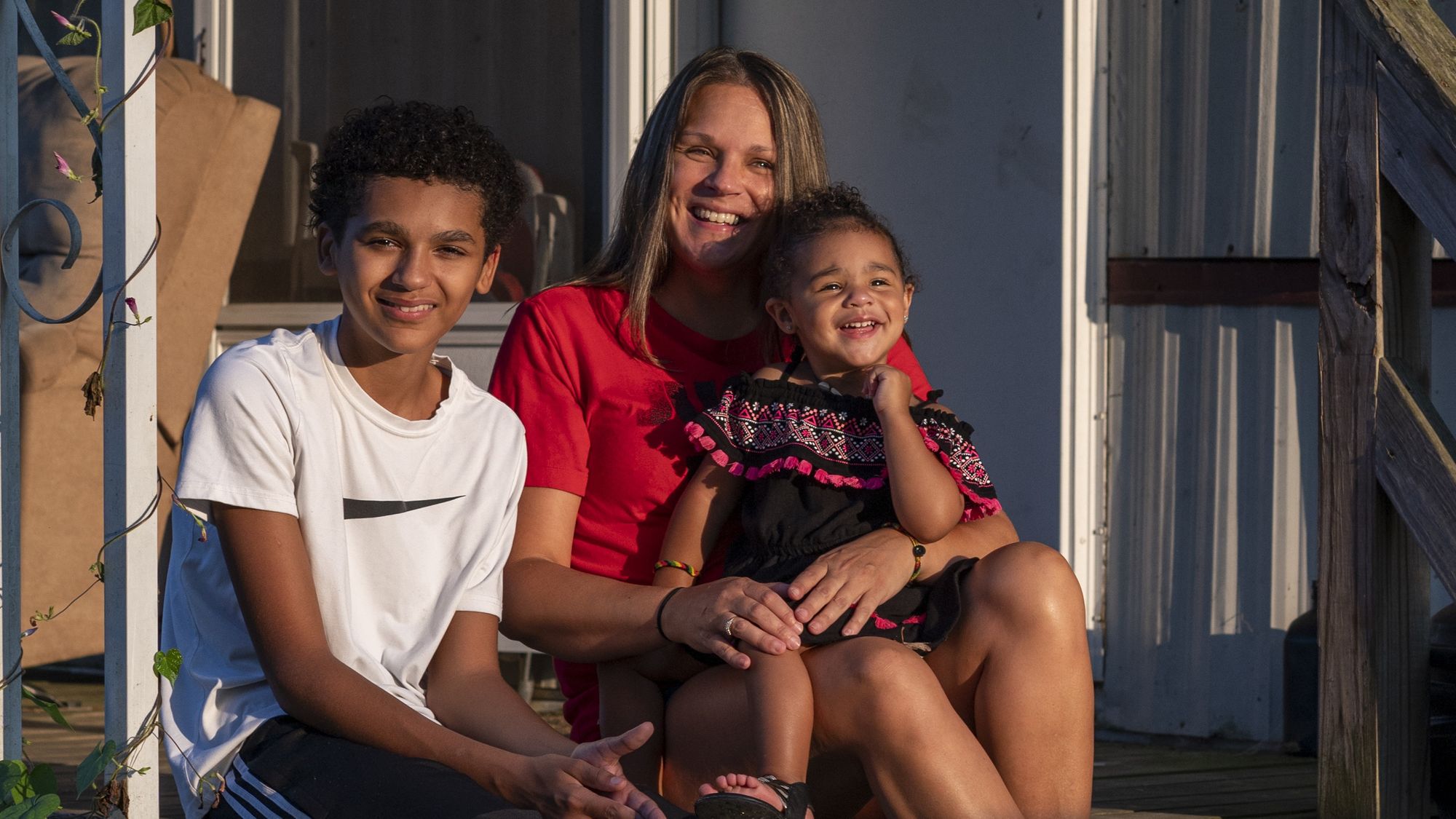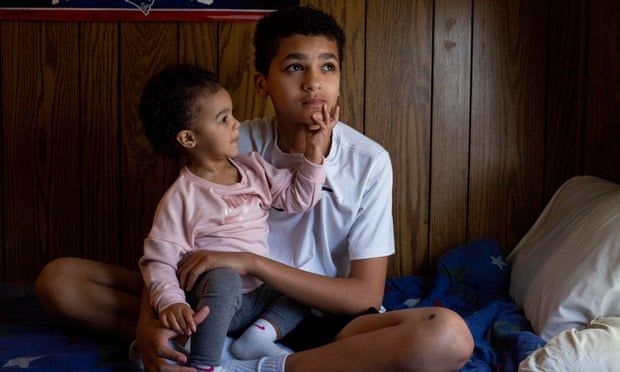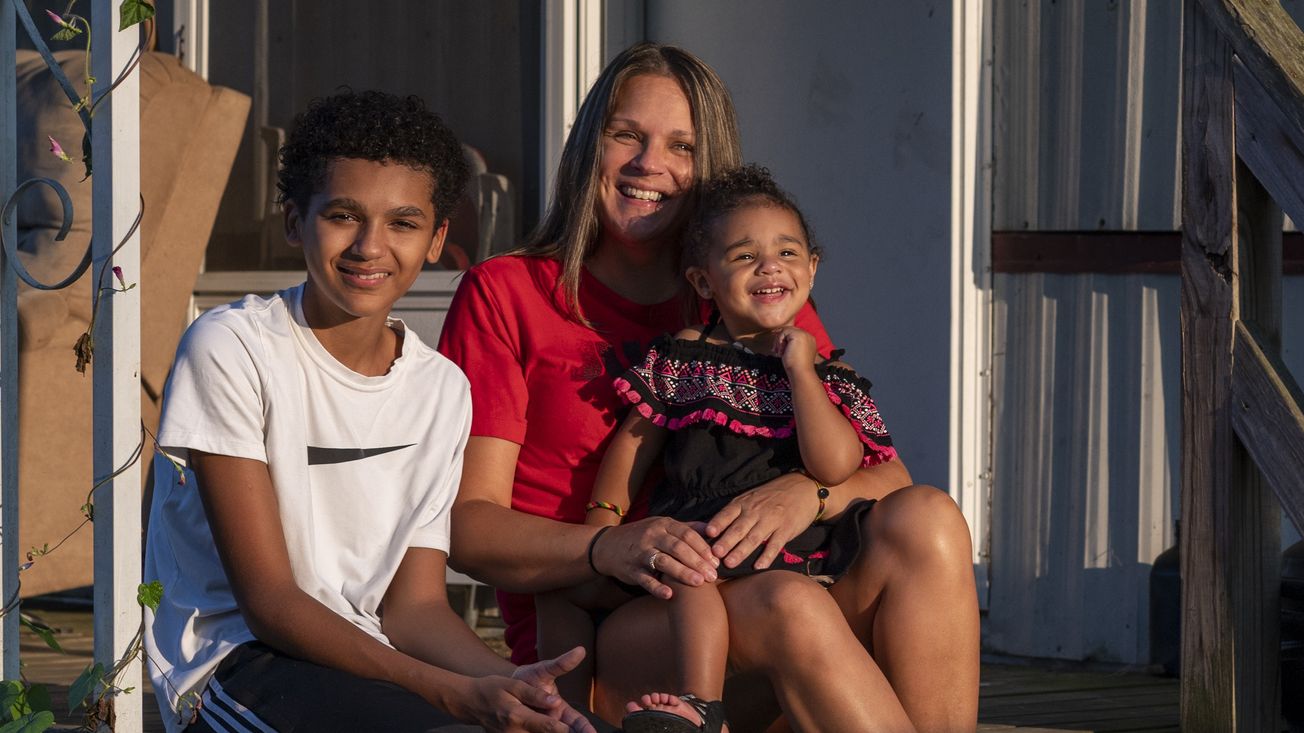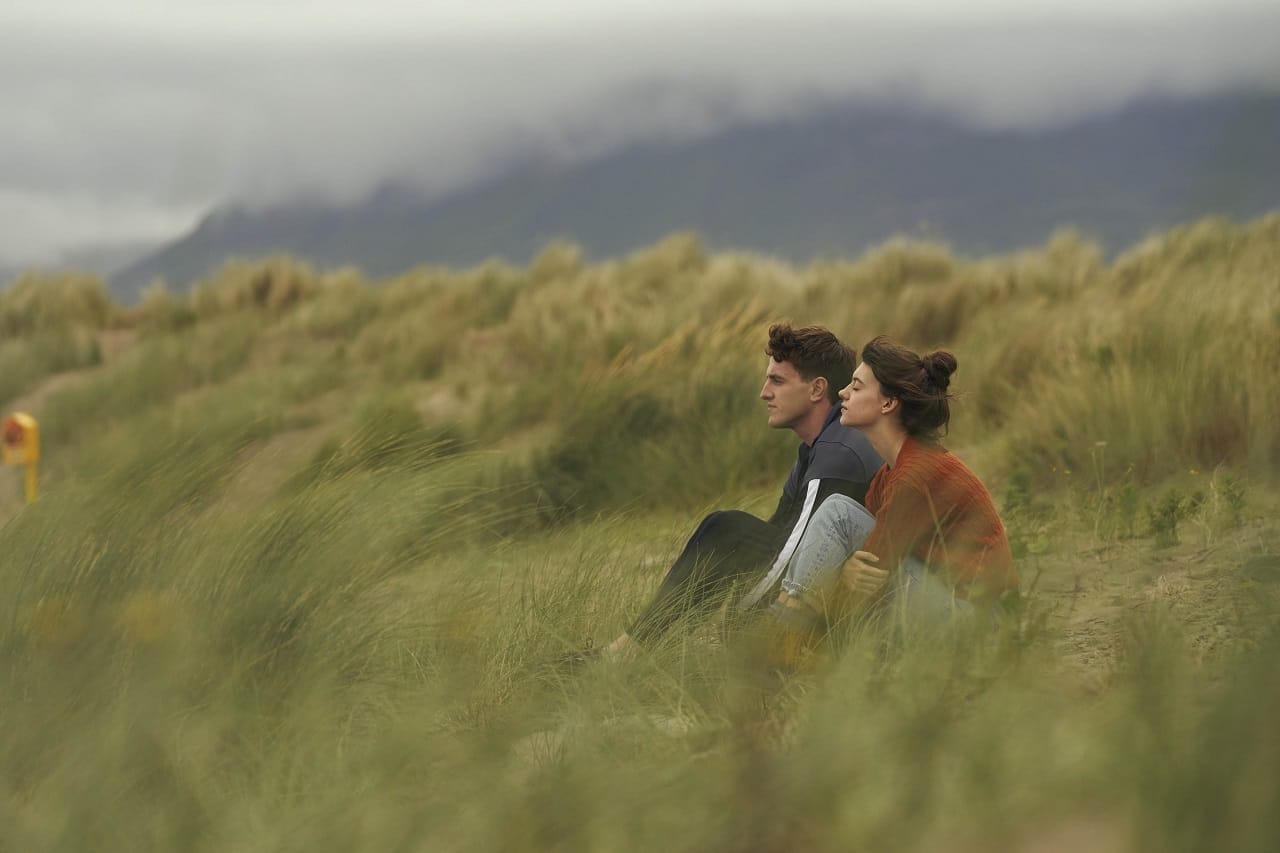Sam Vickers, Film & TV Deputy Editor
Coming at a time when a record 2.5 million children are growing up homeless in the United States and 1 in 6 are living below the poverty line, the current pandemic has posed a series of challenges to Trump’s neglected poor kids. On the 15th November, I attended the Watersprite Film Festival to take part in an interview with director, Jezza Neumann, about his new film Trump’s Breadline Kids (2020), which tackles these issues.

Trump’s Breadline Kids was filmed over four months of lockdown and Black Lives Matter protests in the battleground state of Ohio, tracking three children growing up poor in Trump’s America, and (unexpectedly) in a global health crisis. Neumann worked on Channel 4’s wildly successful Catching a Killer series and his production company ‘Truevision’ makes films to give a voice to populations that might not otherwise be heard (e.g. under a dictatorship, in shutdown, etc.)
Although practically every documentary (especially those about issues like poverty) can be characterised as ‘timely’ in some way, Neumann’s documentaries are always hyper-relevant; Poor Kids (2011) was mentioned by David Cameron in Parliament. The films have an obvious social objective, and, because of the nature of non-fiction, they have a very real, on-going life that continues after credits roll. Neumann speaks about the impact of documentaries because, while they do make a difference, it could never be in the same way as, for example, Marcus Rashford’s championing of free school meals. He counters, however, that the only other option is to not tell their stories and from the way he says it, it is clear that he does not really consider this an option.
The three children at the centre of the film – Kyah, Shawn, and Laikyen – all offer insights into different aspects of poverty in America. Kyah represents the ‘hidden homeless’ population, having ‘sofa surfed’ with friends and family since March, when her mother was left without an income when her job was hit by COVID-19.

As well as safeguarding restrictions, filming with children can be difficult for various reasons. Laikyen has ADHD and it is crucial to handle this tastefully, laughing with her and not at her. Neumann adds however, that this is something that is often only finalised in the edit (the reason that the UK documentaries have a ‘fairness and accuracy’ screening, whilst the USA has no such requirement). Addresses are blurred and, in instances of domestic violence, sometimes the city is not revealed either.
Neumann talks about how the team begins every project with more subjects than they need, anticipating multiple people dropping out and so in the case of Trump’s Breadline Kids, six families were actually interviewed, although only three of them ended up featuring in the film. Naturally, they knew the election was coming in November and so selected families in the swing states of Pennsylvania, Michigan, and Ohio but due to the pandemic were restricted to Ohio, following advice against interstate travel. British Airways encouraged the team to fly back to the UK, but they decided to stay and continue filming. Neumann mentions how filming overseas can be a lot more stressful due to the fixed departure date and so, in some ways, staying during the lockdown gave them some added freedom.
In conversation with Donta Storey, the filmmaker behind 'LiME'
Every John Lewis Christmas ad, ranked!
As a documentary-maker, though, Neumann seems to understand more than the most opportunity that unexpected events can offer, for example to have intimate access to those who were arguably worst affected during the lockdown. He also discusses the changing nature of the relationship between the filmmaker and the subjects of the film; when it begins the crew seem to be in charge, but by the end the kids understand that they can simply say ‘I don’t feel like filming today’ and there’s nothing that can be done about that. For this reason, Neumann cites people-skills as the most important skill in a filmmaker of this kind. He tells an anecdote about forcing his assistant to strike up conversations with strangers at the bus stop to practise talking to people. He makes it sound so simple, arguing that the crucial step is in getting engaging characters – everything else then falls into place.
Trump’s Breadline Kids is available to stream on All4.
Featured: Lauren Santucci, Truevison
Did you attend Watersprite Film Festival?









